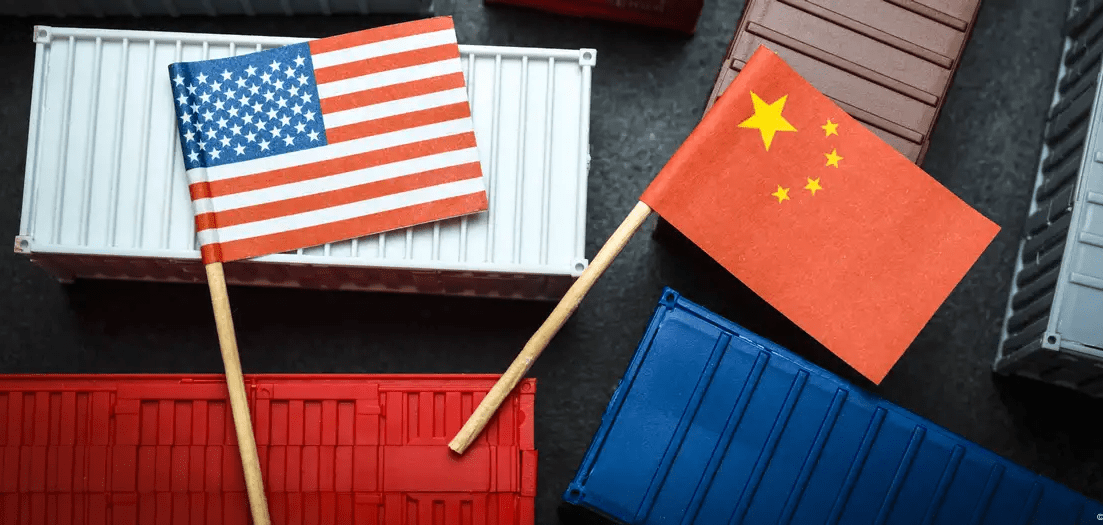Regarding the recent Geneva negotiations between China and the United States, my view can be summed up in three sentences:
The US can’t hold out any longer and has to bow down; China is holding onto its cards and waiting for the right moment, with both sides putting on a show for the world. Despite appearing to have lively discussions now, in reality, they are both forced into a corner—US Treasury yield curves have inverted, and China's export data is also on a roller coaster; if this act continues, neither side will be able to wrap it up.

First, let’s talk about the US side: a 145% tariff sounds frightening, but it’s actually just shooting itself in the foot. The US GDP shrank in the first quarter, and retail giants like Walmart are constantly shouting about stock shortages, with cargo ships at the Port of Los Angeles down by 35%. What’s more, China retaliated by escalating rare earth controls, and Tesla's Shanghai factory is now unable to even gather raw materials for motors. Trump claims that an 80% tariff is reasonable, but it’s really just him pretending to be tough while knowing he’s backing down—his own backyard is on fire, with Florida's orange farmers and Silicon Valley tech workers daily blocking the White House doors.
China is actually not having it easy either, with exports to the US down by 17.6%, but quickly making up for it with a 21% increase in the ASEAN market. This trick of shifting the situation is played beautifully, holding onto $3 trillion in US debt and rare earths as two trump cards. He Lifeng entered with a 150-page negotiation plan, clearly telling the Americans: we can talk, but first, lower the tariffs to below 50%, and stop using chip restrictions as an excuse. I heard that during the negotiations, the Chinese representatives even walked out at one point, probably because the US side's offer was too outrageous, directly leading to a warning to flip the table.
The funniest thing is that Switzerland was a clever choice; the Geneva International Conference Center, which used to host discussions on nuclear non-proliferation, is now used to discuss the tariff war, clearly reminding the US not to play with fire. The director-general of the World Trade Organization has come out to warn that if these two big players continue to quarrel, global trade will shrink by 1.5%. However, seeing Trump still stubbornly tweeting that 'China is begging to negotiate', I can't help but laugh—does he really think others are unaware that the US is issuing $1.42 trillion in debt this June? The hedge funds on Wall Street that deal with basis trading are going crazy.
Ultimately, this negotiation is just a face-saving exercise for both sides to take a step back. The US may first lower tariffs on consumer goods like mobile phones and computers, while China is expected to symbolically purchase a few Boeing airplanes. But on core issues like technology restrictions and the Taiwan problem, neither side will truly yield. After enduring the peak of US debt issuance in June, who knows what tricks Trump will pull next. If you ask me, this trade war still needs to go on for another two years, waiting for US inflation to completely squeeze the middle class and for China's entire chip industry chain to be fully operational; that will be the time to see the real outcome.
If you want to delve deep into the cryptocurrency space but can’t find your footing, and want to quickly get started and understand the information gap, click on my profile and follow me to gain first-hand information and in-depth analysis!

